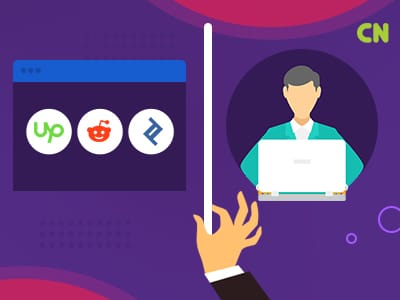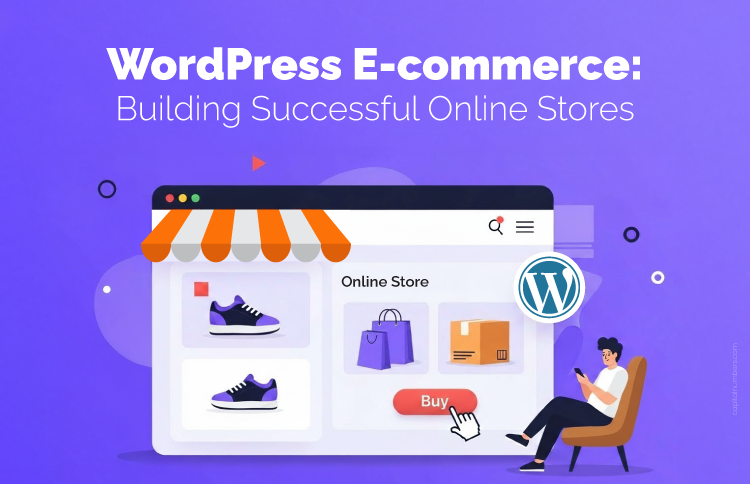How to Find and Hire an Amazing Developer Even If You Have No Technical Knowledge or Background
Table of Contents
Even if you don’t know what to look for, and even if you have no technical experience at all, you can still find and hire a great developer to work for your company. You just have to know what you’re looking for.
Sure, if you’re not a developer yourself, the hiring process might seem daunting because you feel you have no frame of reference. For example, it’s one thing to know the difference between programming languages… but do you have enough experience to differentiate between good programming and poor programming?
Candidates might be able to talk about their familiarity with PHP or Java or Python, but if you have no technical background or experience, you won’t know how to assess if what they’re saying is accurate. If you have to select between candidates on the basis of their programming, you’ll have no idea what you’re looking for.
But while it might seem complicated at first, the process of finding and hiring developers is not hard. You just have to know
- Where to find them
- What questions to ask
Keep reading to learn where to find developers and identify the good ones.
Where to Find Them

Good developers can spend a lot of time alone focused on their projects, and finding new job opportunities might not be foremost on their mind. While you might find some on job boards, chances are that a truly skilled developer with a background working at big companies like Google isn’t going to simply come knocking at your door. You’ll have to go to them.
Development Agencies
This remains one of the best and most convenient ways to work with a skilled developer. A good agency will consult with you about the needs of your project and select a developer who meets them. You can also request a portfolio, interviews, and a trial run before you hire. Under this model, the agency will have already done all the work in recruiting, vetting, and managing the developer, so you don’t have to.
Conferences
Your industry has conferences you go to every year, and the development industry is no different. These conferences are filled with people looking for new connections and opportunities. All you have to do is meet them. Even if the people you meet can’t help you, they are likely connected to others in the industry will refer you to someone.
Forums
Believe it or not, programmers and developers don’t have all the answers all the time. When they feel stuck on a project, they go to forums and search around for a solution. Forums serve as places for developers to visit and share information, so you can try posting there. Plus open-source repositories like Github provide a similar platform for developers to share their projects. You can look there for someone who has the kind of expertise you’re looking for, and see comments from other developers to get a feel for their skill.
Colleges and Universities
If you’ve been avoiding local universities because you think students might be untrained or inexperienced, think again. Universities are great sources of raw talent. Simply contact the appropriate department and ask the teachers and staff to recommend good students.
Although the students will have little work experience, they often have lots of experience developing projects and won’t be taking any preconceived notions from other jobs with them to work for you. Also, if they have the discipline to go to class every day, then hitting deadlines, showing up on time, and doing work for you won’t be a problem.
Job Boards and Freelance Developers

It’s entirely possible to find a good developer on a job board. Although they probably won’t be the top 1%, their will skills will increase the longer they work with you. This way, you’ll have a developer who can do the work you need, without charging very high rates.
If you do choose to go to a job board, you could try:
- UpWork
- Reddit r/Forhire
- Toptal
These all have different levels of screening processes, with Toptal being the most stringent.
Offer a Short Test Project First
You might consider a week-long assignment, or better yet, offer a small assignment and ask the developer what they think is a good time frame.
The most important aspect of the test assignment is NOT to conclusively demonstrate the skill of the developer. In this case, it’s to ensure the developer can hit deadlines. A developer who can turn in functional work by the deadline is more valuable than a developer who can turn in perfect work two weeks after the deadline has passed.
What to Ask On The Interview

If you have a friend or a coworker with technical experience, they might be able to help you through the technical rounds of interviews. But what happens if you have to do the first few rounds by yourself?
The questions below are meant to get you through that point quickly. They’ll allow you to gauge the candidate’s readiness for the job, company culture, and any specific upcoming projects.
“What projects have you been working on recently?”
Their answer will give you an idea of what they like to work on and how they approach the process. If they give an interesting response, it may be a good “jumping off point” to have a conversation about the projects you might need them to do.
“What are your other time commitments?”
Many developers balance multiple projects and have multiple time commitments. Their answer will allow you to assess what you can expect from them based on how much time and focus you think they’ll be able to give your company.
“What’s your approach to solving problems?”
Developers often spend their days applying logic to solve unique problems. The response to this question will allow you to assess how they approach the nature of their work.
You can also use this interview round to set expectations. Be upfront about your needs and expectations in regards to project length, goals, and time commitments.
Conclusion
While it might seem difficult to hire a developer without at least a baseline of technical knowledge, it’s entirely possible. You just need to know where to find them: at conferences, on forums, on job boards, and even at college. And once you’ve found them, asking the right questions will go a long way toward guaranteeing your success.















